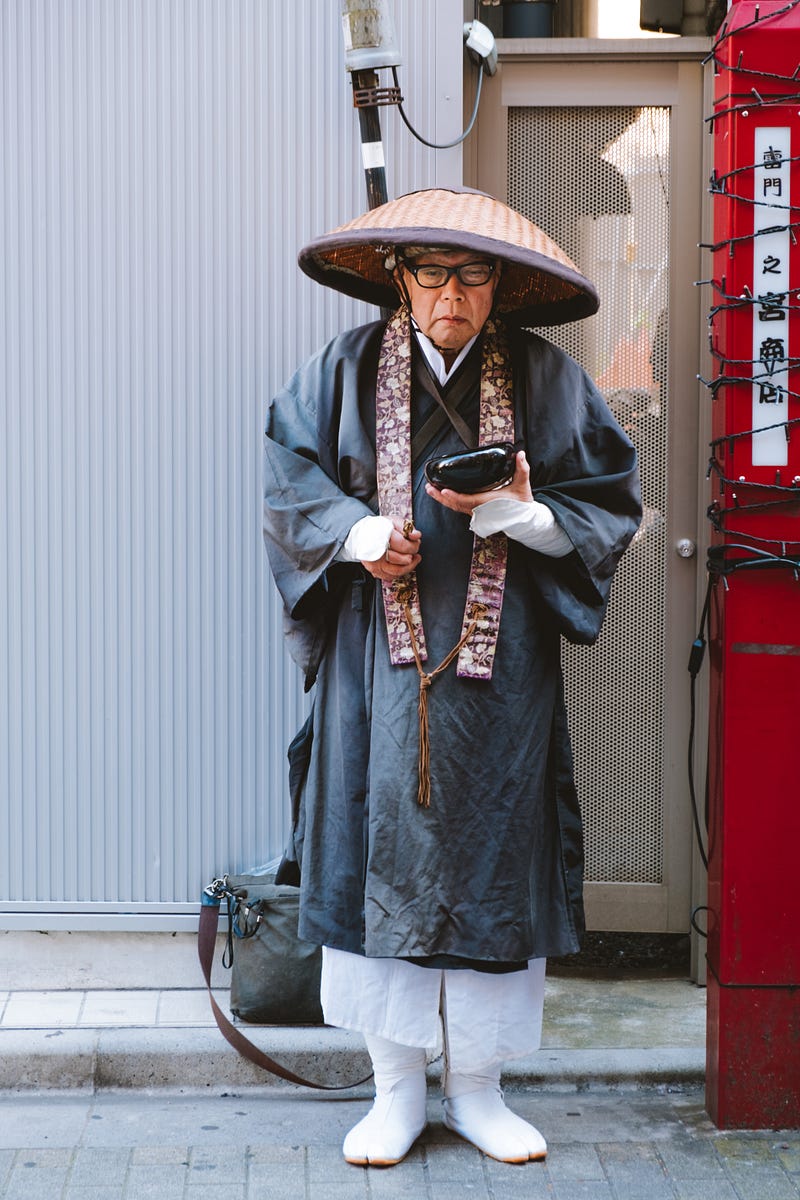# Profound Insights from a Soldier Turned Zen Monk
Written on
Chapter 1: The Journey of Transformation
Claude Anshin Thomas, a Vietnam War veteran, reflects on his past with deep remorse. He states, “I am a murderer. My actions in war have shaped my current existence. If we remain unaware, the cycles of war, violence, and suffering will persist.” His book, At Hell’s Gate: A Soldier’s Journey, reveals his responsibility for countless deaths during the war, a heavy burden he carried until he encountered a Vietnamese monk who introduced him to Zen teachings. This pivotal moment shifted his perspective, proving that transformation is possible.
Since then, Thomas has dedicated his life to promoting peace in areas plagued by conflict, such as Colombia. His message serves as a beacon of hope, and here are three significant lessons we can learn from his experiences.
Section 1.1: Understanding the Roots of War
- War is a Manifestation of Suffering
Thomas suggests that feelings of frustration, incompleteness, and sadness often lead to violence. He believes that acknowledging these emotions can halt the cycle of violence, allowing for inner peace. He poignantly notes, “Everyone has their own Vietnam.” This personal “Vietnam” could be a past trauma, a current hardship, or even societal injustices. The key lies in acceptance; recognizing that the past cannot be changed helps ease emotional burdens.
Subsection 1.1.1: Accepting Your Vietnam

Section 1.2: Confronting Inner Turmoil
- Anger is a Volatile Accumulation of Unprocessed Emotions
After returning from Vietnam, Thomas faced immense struggles. A traumatic encounter with a protestor marked the beginning of his turbulent journey filled with substance abuse and emotional chaos. He grappled with feelings of helplessness and despair. Ultimately, he learned to coexist with his suffering, which was crucial for his recovery.
Chapter 2: The Seeds of Conflict
- War Develops Gradually Over Time
Thomas articulates that “war doesn’t start with a declaration or conclude with a treaty. It’s a gradual process, with seeds of conflict sown daily.” Small acts of hatred and fear can accumulate, leading to larger conflicts. These may manifest in subtle ways, such as xenophobic remarks or unfounded fears regarding others.
The path to peace begins with unity and compassion. While it can be challenging to confront our pain without projecting it onto others, striving for a better world begins with understanding and connection. Thomas inspires us to believe that individual actions can contribute to collective change. Despite the obstacles, love remains the ultimate antidote to hatred, suggesting that while love may face setbacks, it will ultimately triumph.
Remember, your joy and happiness are invaluable. Embrace them and contribute to a harmonious future.